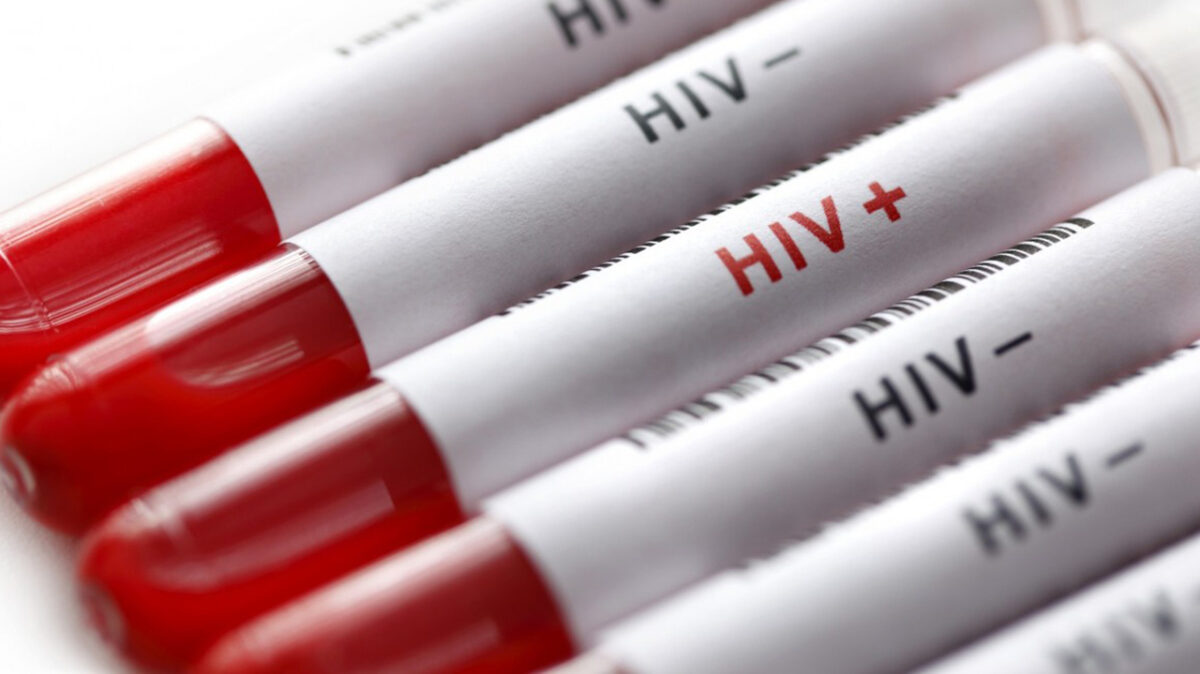Experts have said the Meeting Targets and Maintaining Epidemic Control (EPIC) and key Population Investment Fund (KPIF) project has helped improve access to HIV services in the country.
They said it also contributed to Nigeria’s journey towards attaining epidemic control.
- NIGERIA DAILY: Your Salary Is Enough To Last You More Than A Month
- Buni c’ttee dilly-dallies on APC convention
They stated this during the end of the project dissemination meeting in Abuja.
The EPIC/KPIF is funded by the United States Agency for International Development (USAID) and the US Presidents Emergency Plan for AIDS Relief (PEPFAR) and implemented by FHI 360 in Bayelsa and Niger states in the last two years.
The director, HIV and TB (HAT) office, US Agency for International Development (USAID), US Embassy, Abuja, Rachel Goldstein, said $4 million was invested in the programme.
She said the initiative helped provide critical services to key populations in Nigeria, adding that their integration is crucial to achieving HIV epidemic control.
The director said the lessons learnt in Bayelsa and Niger could be brought to the national stage to inform learning, and a way to serve key populations broadly in Nigeria.
“About 32 per cent of new people that KPIF is identifying as HIV positive are coming from the key population space in spite of the fact that we estimate that key populations are about three to four per cent of the population of people living with HIV.
“If we don’t serve these people well, then, of course, we will be left behind and epidemic control goals for Nigeria will not be achieved.
“One of the key achievements of the KPI is not only to expand access but to do so in a way to build capacity that we don’t see in programming in other countries”.
Dr Patrick Ikani said under the programme, 104,445 key people tested for HIV and received their results; 11,988 newly diagnosed with HIV and that there was 11.5 per cent case finding rate.
He said lessons learnt include: meaningful collaboration with the state government enhanced the success of the project, and engagement of KP-led organisations with a peer-led approach increased uptake and improved quality outcomes among others
FHI 360 acting country director, Hadiza Khamofu, said achievements have been recorded in the reduction of people dying from HIV, and that efforts are in top gear to identify new infected individuals and place them on treatment.

 Join Daily Trust WhatsApp Community For Quick Access To News and Happenings Around You.
Join Daily Trust WhatsApp Community For Quick Access To News and Happenings Around You.


